Green Tea
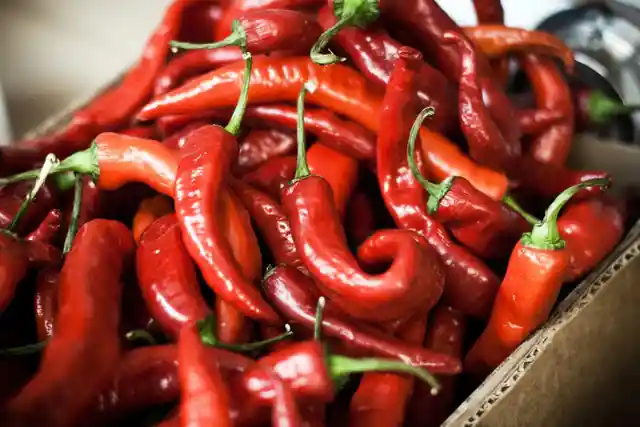
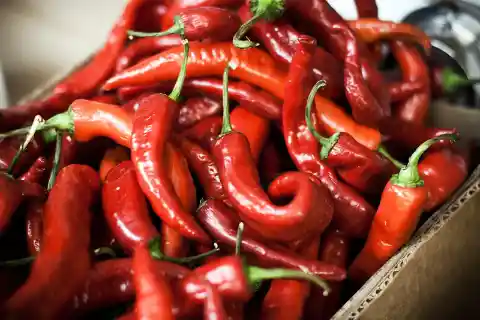
You likely already expected green tea on this list of naturally metabolism revving foods. OK, so it’s not technically a food, but a drink, you got me.
Spices


However, this brew (along with green tea extract) is credited by numerous scientific studies with accelerating metabolism. In addition to incorporating green tea into your weight loss efforts, 2012 research published by WedMD, found that the rich antioxidant content in an afternoon mug could help protect the body from disease-causing radicals, which have been linked to prostate and breast cancers.
Black pepper, cayenne pepper, chili powder, and even ground ginger have one very important thing in common—these spices are known to accelerate your metabolic rate. Most notably, a 2001 Canadian study, published by the National Institutes of Health, says the seedier and more pungent the spice—the better it is for energy increase.
Nuts & Seeds
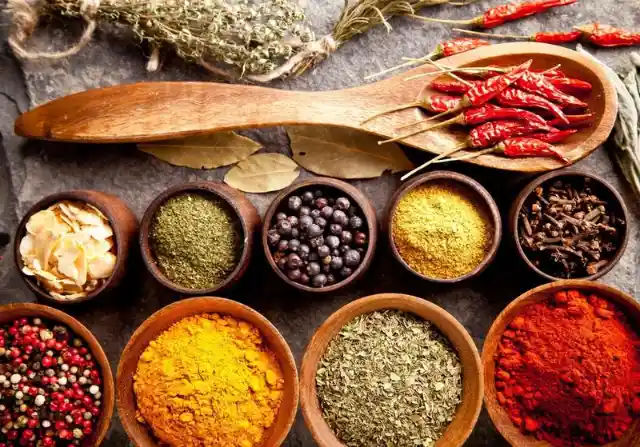
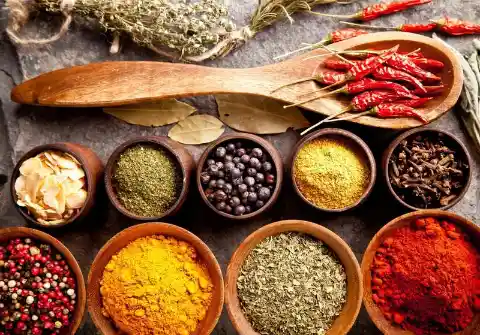
The study pointed out that participants who consumed meals seasoned with ground black pepper, powdered ginger, powdered onion, red pepper, and mustard seeds burned upwards of 1,000 additional calories per day!
According to animal studies conducted at the University of Wisconsin, consuming a diet high in Omega-3 fatty acids is a sure way to increase your metabolism and energy levels. Scientists monitored the diets of lab mice and found that rodents who consumed greater amounts of omega-3’s had a higher metabolism due to lower levels of a hormone, known as leptin.
Fatty Fish
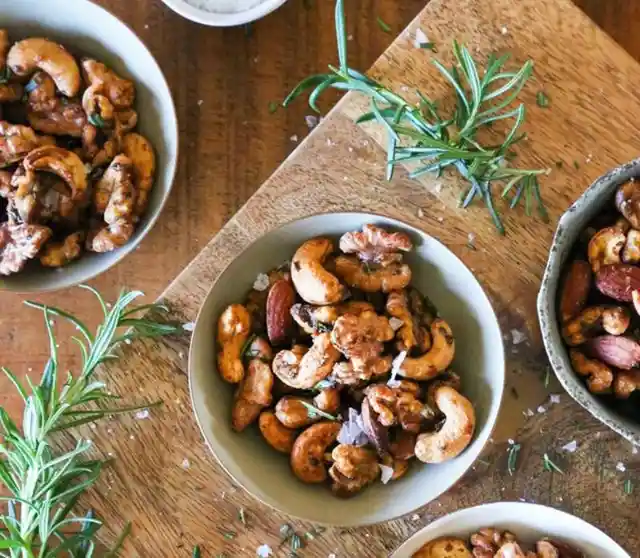
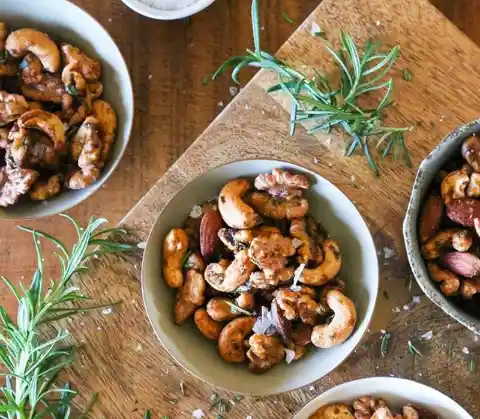
Researchers noted in their findings that omega-3’s naturally help lower leptin, which in turn, leads to naturally lower metabolism.
Likewise, research conducted by the Mayo Clinic noted that a diet high in omega-3 rich fatty fish had similar effects on metabolism—and was also responsible for lowering levels of leptin in the human body. The researchers recognized the link when studying African tribes whose diets were rich in fatty fish—like salmon and mackerel.
Hemp & Flaxseed Oil


Due to the fish-based diets, tribesmen and women reduced their leptin levels by up to 5-percent.
Both of these touted super foods contain their fair share of energy-boosting omega-3 fatty acids, which can be of use if you don’t eat or don’t like fish.
Hot Peppers
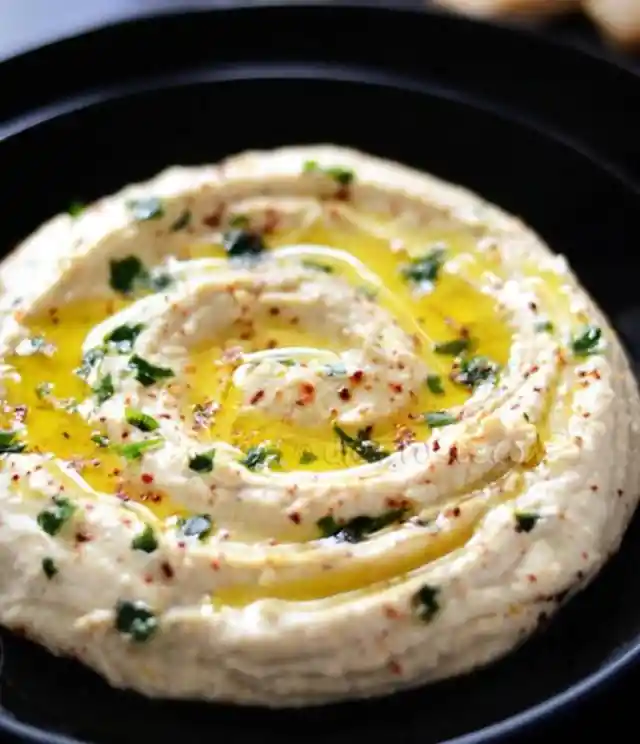
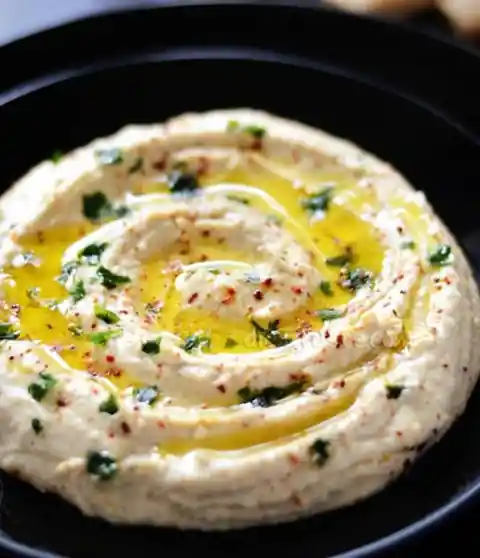
Hemp oil and flaxseed oil can be incorporated into cooking, smoothies, and baking as healthy sources of essential fatty acids, which in addition to metabolism, are also great for skin, nails, and hair.
Like dried spices, raw and cooked hot peppers—such as cayenne, jalapeno, and habanero—can cause your metabolism to spike naturally. Just think about how hot you get under the collar when eating something spiced with these potent peppers.
Water
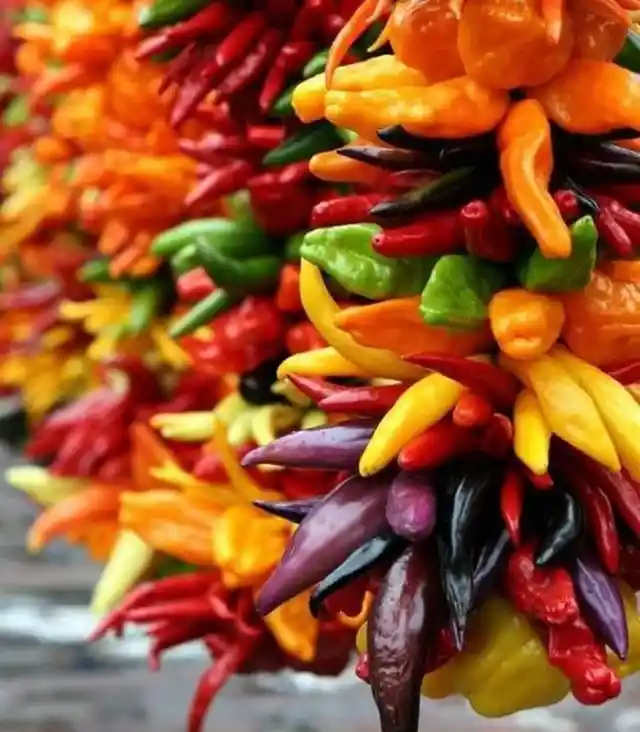
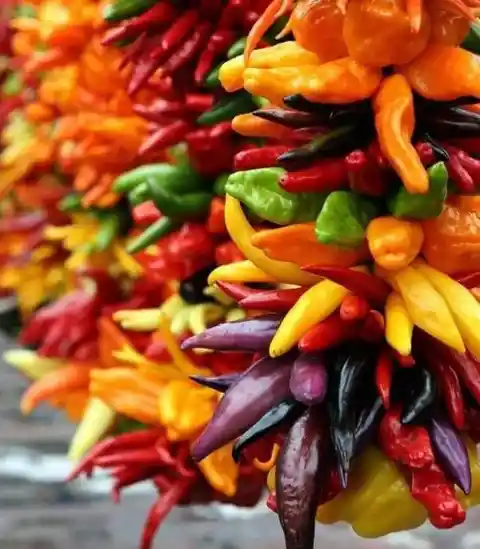
In addition to quickening metabolism, a 2010 study from the Federation of American Societies for Experimental Biology also credits hot peppers with reducing appetite cravings due to the rich capsaicin within. The capsaicin compound naturally speeds up both blood circulation and metabolic rate, which is exactly why you sweat when you eat hot wings or nachos seasoned with particularly hot peppers.
I know, you caught me twice—water isn’t a food either. However, if you drink water prior to eating and continuously throughout the day, you will notice more energy and an increased rate of fat burning.
Apples
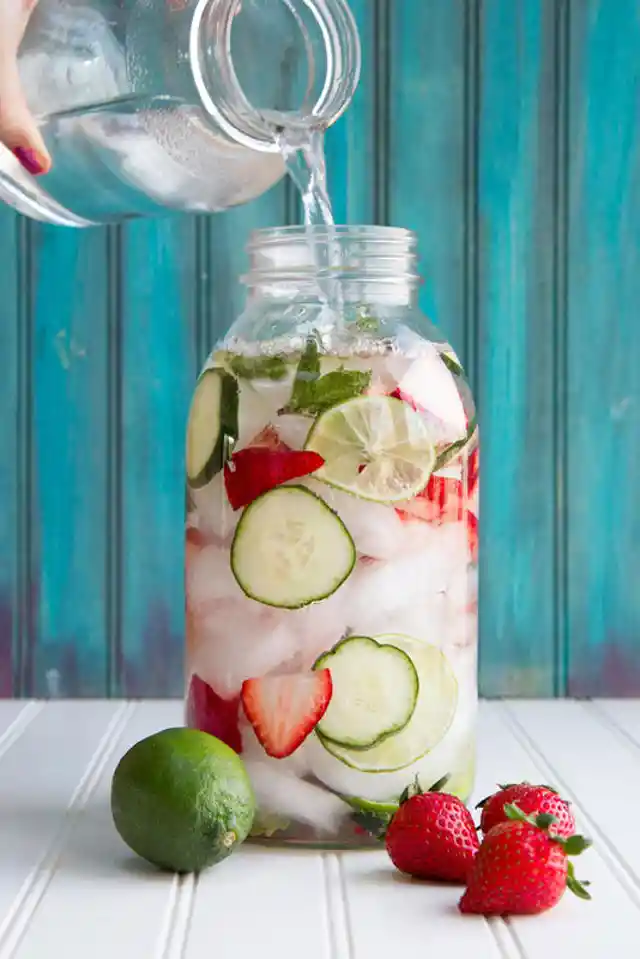
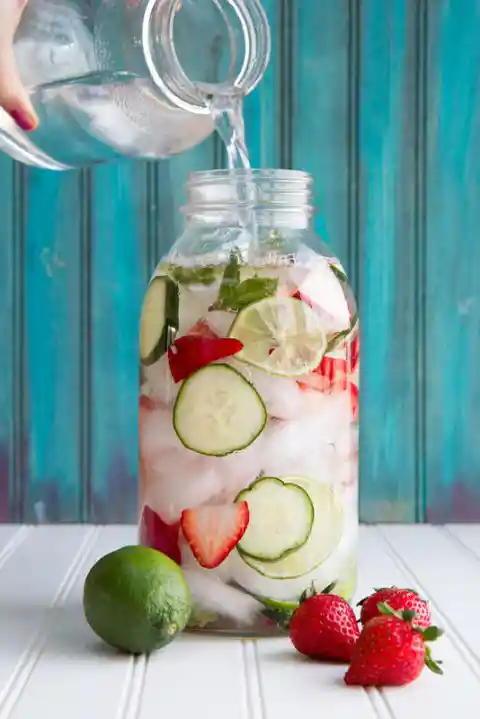
A 2004 German study from Berlin’s Franz-Volhard Clinical Research Center, and published by WebMD, linked water consumption—of at least 17-ounces of water per day—to increased metabolic rates of 30-percent for both males and females. Even Michelle Obama has started a campaign to get people to drink more water!
An apple a day keeps the doctor away—and it also keeps the weight off, according to a study from the State University of Rio de Janeiro. Researchers monitored the diets of a group of women.
Almonds
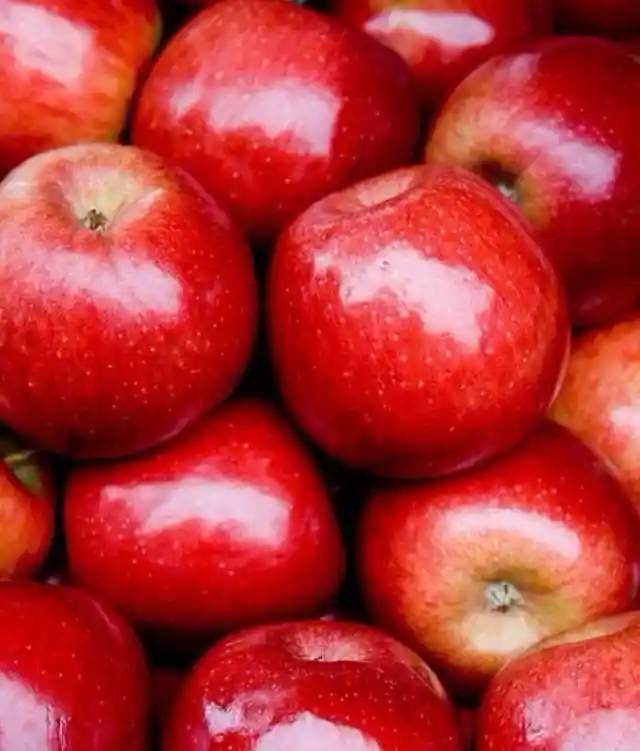

They surprisingly discovered that females who made it a point to eat 3 small apples (or pears) daily also shed significantly more weight vs. women who didn’t munch on the fruit.
You likely already know that almonds are rich in calcium, a nutrient that’s long been associated with strengthening bones, but is now credited with weight control.
Broccoli
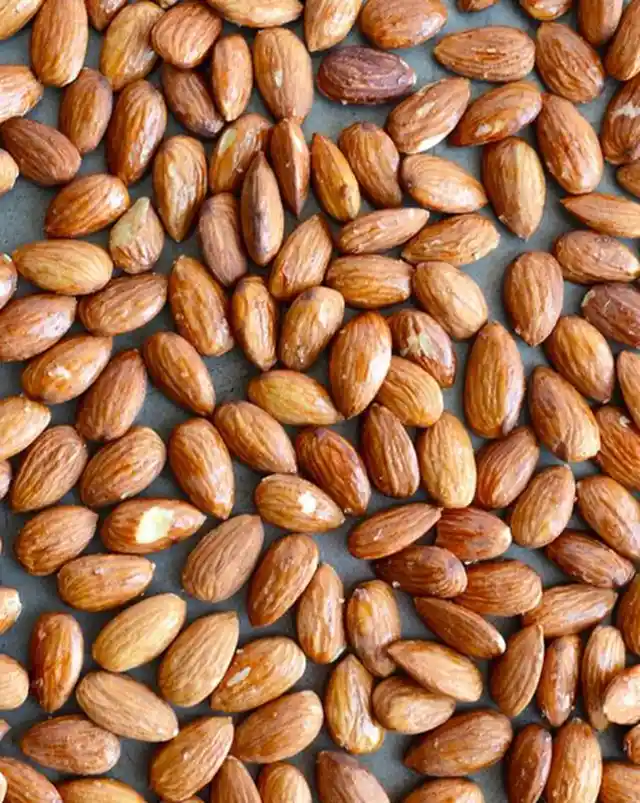
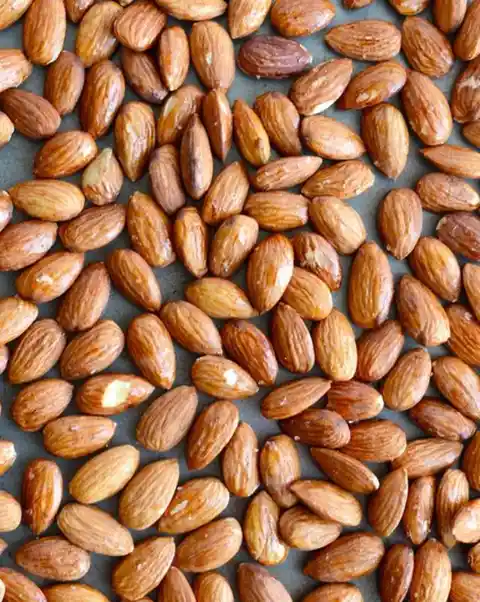
The study, conducted by researchers at the University of Tennessee, linked diets rich in calcium (between 1,200 and 1,300 milligrams daily) shed double the weight of those with low calcium diets.
Your mother warned you to eat your vegetables, and broccoli, one of the most detested forms of roughage, has staked its claim among the weight maintaining foods. Mike Geary, certified personal trainer, nutrition specialist and author of the book, The Fat Burning Kitchen, points to broccoli as a fat fighter due to several detoxifying vitamins—notably A, C, and K, antioxidants, dietary fiber and folate.
Citrus
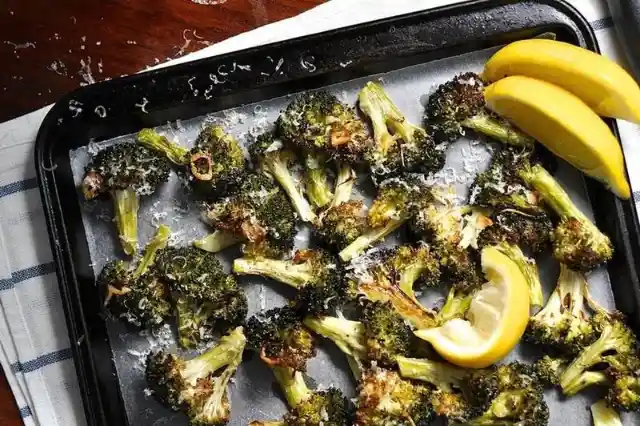
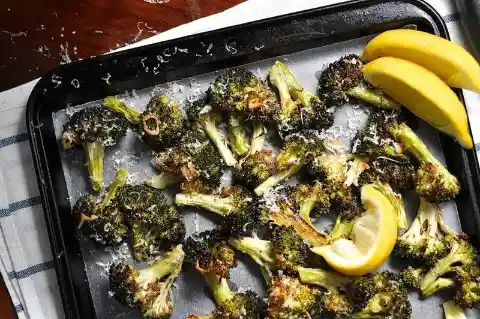
All play an important role in the natural cleansing process, as well as weight management.
Oranges, grapefruit, tangerines, limes, and lemons are all rich in vitamin C—studies have shown these fruits aid our fat burning efforts and boost metabolism. Diets rich in vitamin C ensure insulin balance, but more importantly reduce instances where insulin spikes and we crave carbohydrate-loaded snacks during our day.
Soups
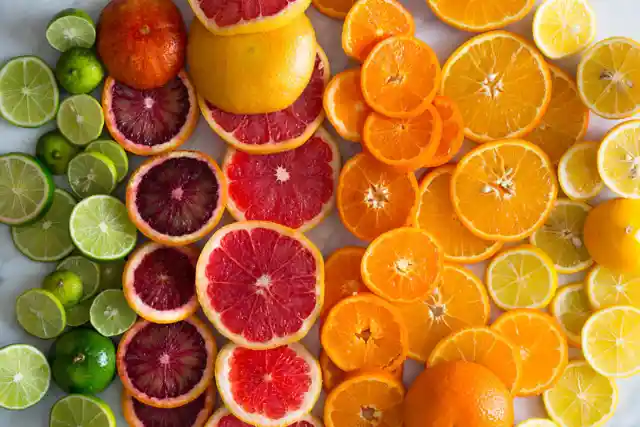

A study published in the Indian Journal of Medical Research monitored the insulin levels of 84 patients with type II diabetes over a 6-week period. They discovered that those patients who took a 1,000-milligram supplement of vitamin C had fewer spikes in blood sugar—and slimmer waistlines.
If you’re looking for a lighter body mass, scientists at Penn State University suggest adding meals rich in liquids—like soups and stews—to your weekly diet.
Whole Grains
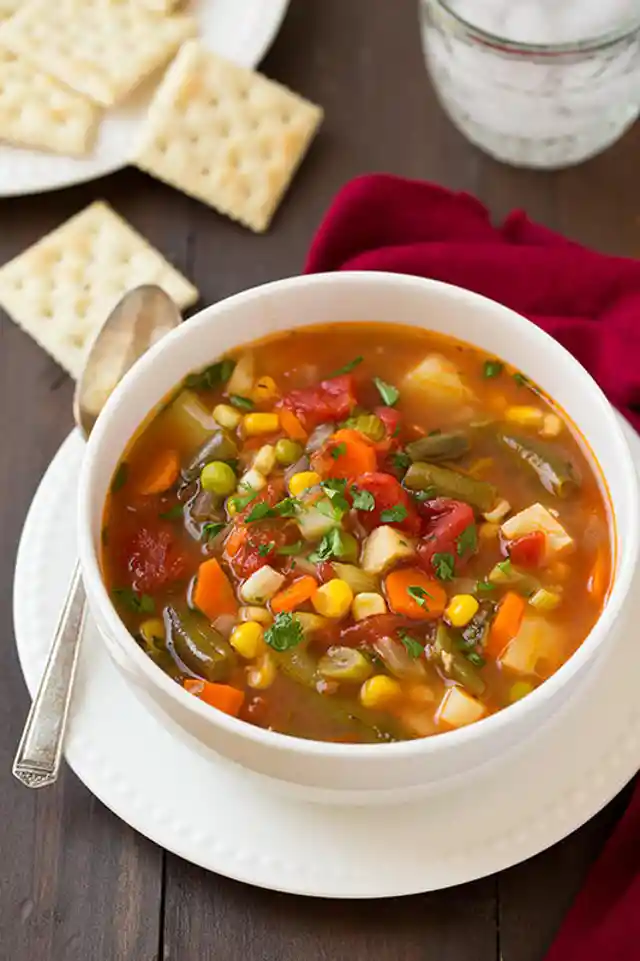
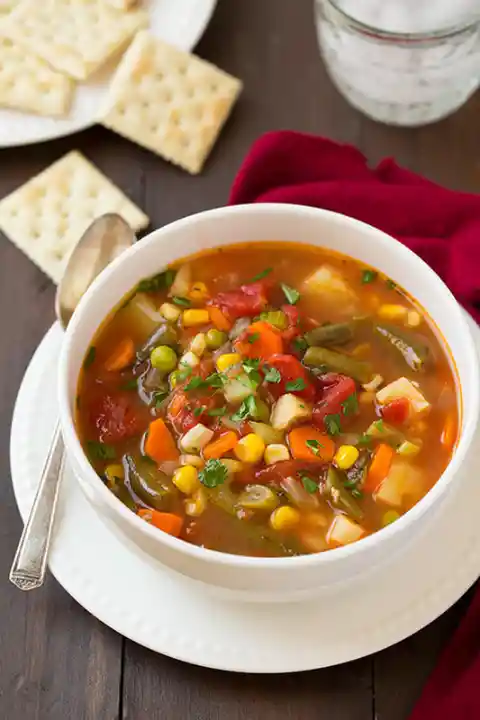
According to research findings, a group of women who ate the hunger-satiating combo of liquids and solids, ate less, had fewer snack cravings, and increased their metabolism and fat burning abilities.
Whole grains—or grains that retain all naturally-occurring nutrients from the bran, germ, and endosperm compared to stripped, refined grains—lead to higher metabolism because they stabilize insulin levels.
Beans

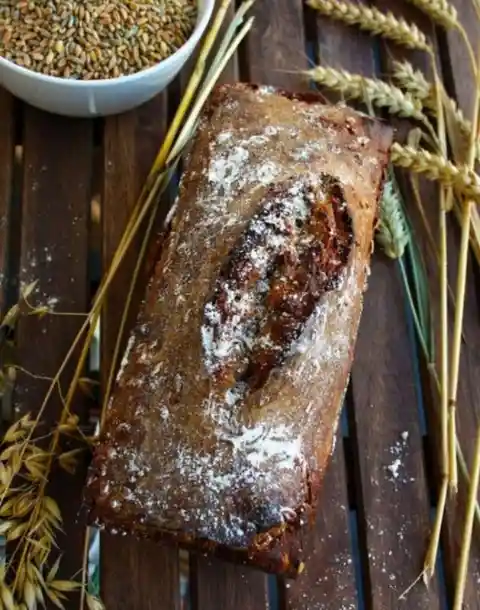
Research from Harvard’s School of Public Health, claims that diets rich in whole grains (i.e., quinoa, oats, and brown rice) ensure that carbohydrates are released slowly, to prevent spikes in blood sugar and insulin levels, and associated snack attacks!
No, I’m not suggesting you get Mexican takeout for dinner, especially not a meal focused on refried beans! Reach for dried red beans (i.e., kidney beans) instead and make your favorite and healthier Mexican-inspired meals at home.
Berries
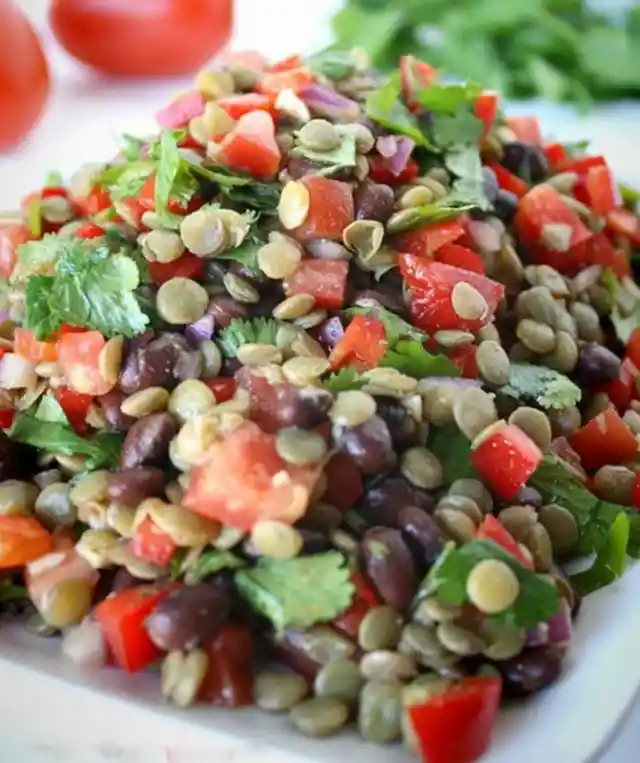
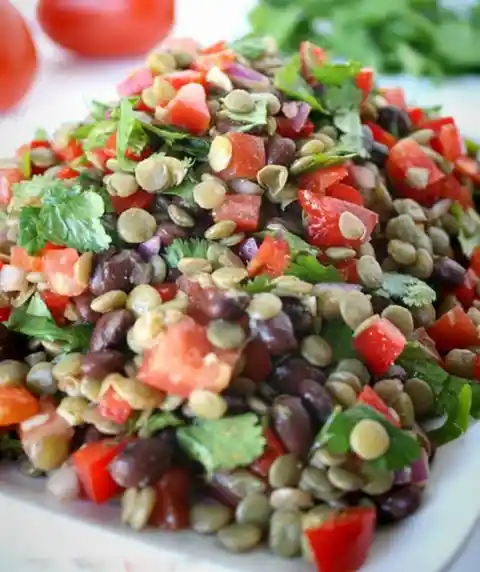
Studies published by the National Institutes of Health show that the resistant starch in dried red beans naturally keeps insulin levels in check so you feel full for longer, are less prone to binge eating, and just naturally store less fat.
Raspberries, kiwiberries, blueberries, strawberries, seabuckthorn berries, and blackberries are a naturally sweet and juicy dessert or snack. However, berries are also rich in anthocyanins, water-soluble vacuolar pigments that encourage production of the hormone, adiponectin, and prevent the expansion of fat cells.
Garlic


In addition, National Institutes of Health research shows that berries rich in the micronutrients, polyphenols, (i.e., raspberries and strawberries) reduce the body’s absorption of fats and starches and fats, which can add up quickly and cause weight gain.
Garlic might scare your date away after a huge pizza or pasta dinner. However, a study from Ewha Woman’s University, in Seoul, Korea linked garlic to higher testosterone levels. If you weren’t aware, the testosterone hormone is closely related to energy production. And we all know that more energy means more time to be active, exercise, eat well, and maintain a healthy body weight.


The study fed a group of mice a rich fat diet for a period of 8-weeks. Once the mice gained weight, the researchers fed half the mice a garlic supplement for a period of 7-weeks. In the end, the mice that ate the garlic significantly reduced their body fat and overall body weight.